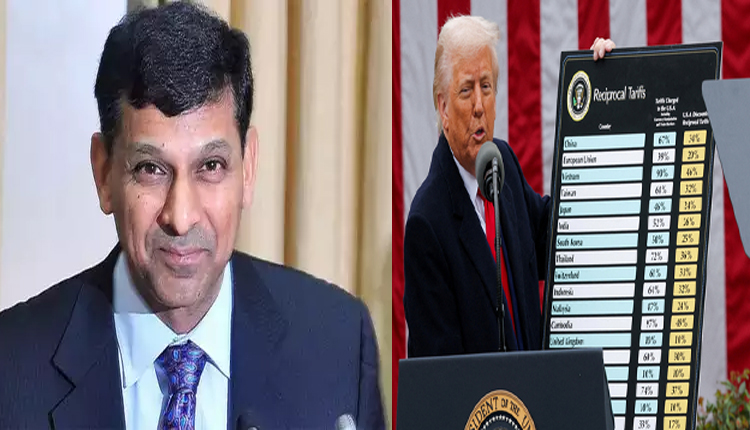Mumbai: Former Reserve Bank of India (RBI) Governor Raghuram Rajan said on Thursday that the Donald Trump administration’s retaliatory tariffs on almost 60 countries will likely blow back. While President Trump has announced a range of 10% to 50% further tariffs on imports from trade partners, the overall effect on India would be small, he said.
The first-round effect, Rajan said, will ultimately be on the US economy in the near term. He termed it a “self-goal” because it will inflict pain on the US much more than other nations. On impact to India, he said, the higher tariffs will increase the prices for American consumers, and it will lessen the US demand. As a result, these changes would decelerate the economic growth of India.
Revised Section The new tariffs, 10% on April 5 and 27% on April 9, would target most goods, although some sectors—pharmaceuticals, semiconductors, and energy products— were excluded. Nevertheless, considering the very similar tariffs have hit other countries too, the net impact on India will be lower from the US side, as US consumers will not easily shift to non-tariff countries products, Rajan said.
Rajan, now a professor at the University of Chicago Booth School of Business, added that in the long run Trump wants to produce more goods at home. But he said even if that was possible, it would take a long time. Replying to a question on the impact of retaliatory tariffs on India, Rajan said they are not likely to cause inflation in the country, as there will be more supply in the domestic market due to lower exports from India.
According to Rajan, India could use the situation to its advantage. India can cut down its tariffs, which will be helpful even if the US brings no reduction in its tariffs, he said. He noted the rising trend of protectionism in the world and said that India should have a ”strategic mindset” towards international trade.
He suggested that Indian authorities focus on deepening ties with regional partners, particularly those in South Asia, as well as the Association of Southeast Asian Nations and Japan, rather than looking too far west for relations with Europe or south for bonds with Africa. He also highlighted the necessity of creating a sound relationship with China irrespective of the political differences because the world now is more inclined to come into regional blocks.
Finally, with protectionism on the rise, Rajan said India cannot afford to be an island in the middle of South Asia, and it has to embrace greater regional cooperation to be able to compete globally.



Comments are closed.